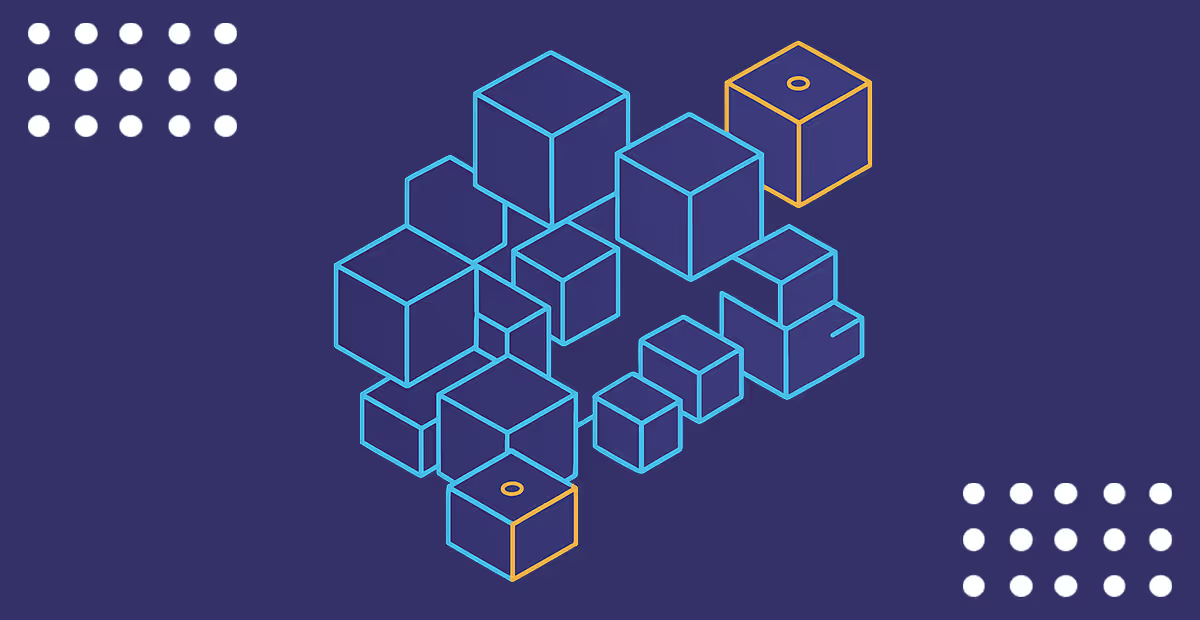Understanding RPC Nodes: The Backbone of Blockchain Interaction



Blockchain technology has introduced a realm of possibilities in decentralizing and securing data. At the heart of blockchain interactions lie Remote Procedure Call (RPC) nodes, which act as a bridge between users and the blockchain. This blog aims to dissect the intricacies of RPC nodes, shedding light on their significance and various types.
An RPC (Remote Procedure Call) node refers to a server in a network that can process RPC requests from clients. In the context of blockchain technology, an RPC node provides an interface through which users and applications can interact with the blockchain.
Here's a breakdown of its key aspects:
RPC nodes play a crucial role in the ecosystem by enabling the broader use and adoption of blockchain technologies, while also helping to maintain the decentralized ethos of blockchain networks and are crucial for developers building apps on blockchain as it can help to retrieve data from the Blockchain Network and publish data or transactions to the same.
Let's dive in more to understand if you as a developer really need to use RPC to build the data layer in your application.
Interacting with RPC (Remote Procedure Call) Nodes is pivotal. This interaction can be via direct RPC Calls or encapsulated through Frameworks (Software Development Kits, SDKs).
Direct RPC calls, like JSON RPC node or node RPC server, offer a raw interface for communication. On the flip side, frameworks provide a simplified layer over RPC nodes. Libraries in Node.js, like node js json rpc or node json rpc, enhance interaction with rpc node blockchain. These frameworks, marrying node rpc and rpc node js, streamline contract deployments and transaction submissions, simplifying blockchain development and data management.
Access to RPC (Remote Procedure Call) nodes is crucial for interacting with blockchain networks. Here are the primary types:
You can start using free unlimited node access from Tatum, to get started visit our Dashboard.
Remote Procedure Call (RPC) nodes are a vital part of blockchain networks, facilitating communication between applications and the blockchain. However, when it comes to data reading, they exhibit a significant drawback. Developers often find themselves in a bind as RPC nodes necessitate the indexing of all data to build efficient data pipelines.
This indexing requirement not only adds an extra layer of complexity but also demands additional time and resources, hampering the swift development and deployment of blockchain-based applications.
Though the Remote Procedure Call (RPC) is indispensable for deploying contracts, submitting transactions, and various other blockchain interactions. However, its rigid framework poses challenges, especially when it comes to efficient data reading and management.
Enter modern frameworks: these robust tools can encapsulate the intricacies of RPC, simplifying operations significantly. By abstracting the RPC layer, they enable developers to perform necessary tasks like reading on chain data without complex queries and pushing transactions on chain hence accelerating the development cycle in the blockchain ecosystem.
JSON (JavaScript Object Notation) RPC nodes utilize the JSON-RPC protocol, a light-weight, remote procedure call (RPC) protocol, to communicate with the blockchain. JSON-RPC nodes are renowned for their simplicity and wide support across various programming languages, making them a popular choice for blockchain developers.
A Node RPC server is essentially a server built using Node.js that implements the RPC protocol to handle remote procedure calls. This setup allows for the creation of decentralized applications (dApps) that can communicate effectively with blockchain networks.
Private RPC nodes are hosted privately by individuals or organizations, unlike public nodes which are accessible to anyone. Private nodes offer enhanced security and control, making them a preferred choice for businesses and developers who require a more secure environment for their blockchain interactions.
An RPC node provider offers hosted RPC nodes, relieving individuals and developers from the necessity of setting up and maintaining their own nodes. These providers often come with added benefits like enhanced security, higher uptime, and sometimes, gas-free transactions.
In the world of blockchain technology the concept of "gas", a fee required to perform transactions. In this landscape, the notion of a gas-free RPC (Remote Procedure Call) node emerges as an enticing proposition. However, a gas-free blockchain is yet a far-fetched reality, which directly implies the absence of gas-free RPC nodes. Yet, hope glimmers with advancements like Account Abstraction, paving the path towards reducing gas fees significantly.
RPC nodes are indispensable in bridging the gap between users and blockchain networks. They come in various forms, each with its own set of advantages, catering to the diverse needs of the blockchain community. Whether it’s facilitating transactions, ensuring secure communications through private nodes, or simplifying blockchain interaction with JSON RPC nodes, the importance of RPC nodes cannot be understated in the modern blockchain landscape
Build blockchain apps faster with a unified framework for 60+ blockchain protocols.